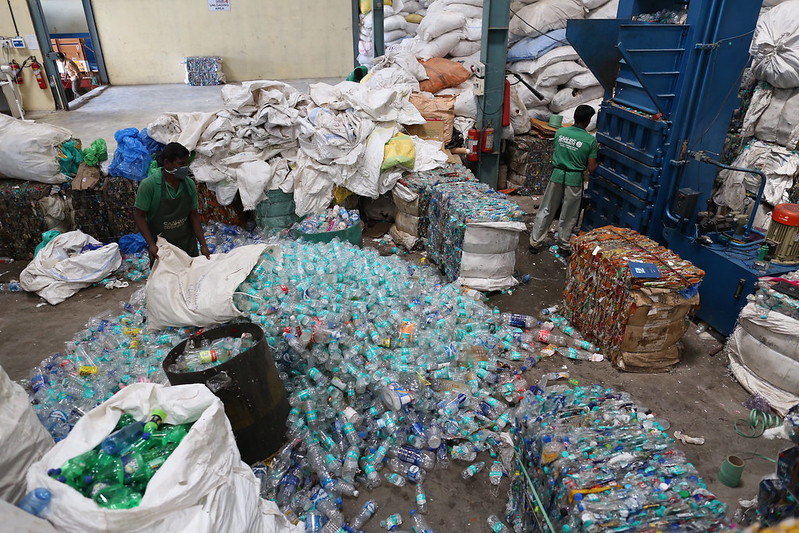Commercial Waste Management – Tailored Solutions for Businesses
Commercial waste management plays a crucial role in the sustainable operation of businesses across various industries. It encompasses the collection, disposal, and recycling of waste generated by commercial enterprises, ranging from small local businesses to large corporations. Tailored solutions for businesses in this context are essential to ensure that waste is managed efficiently and in compliance with environmental regulations. In this article, we will delve into the importance of commercial waste management and the need for tailored solutions. First and foremost, commercial waste management is essential for maintaining a clean and safe environment for businesses, their employees, and the surrounding community. Neglecting proper waste management can result in unsightly and unsanitary conditions, which can have a negative impact on a business’s reputation. Moreover, it can lead to environmental damage, posing health hazards and potential legal consequences.

Tailored waste management solutions for businesses are essential because every enterprise generates waste unique to its operations. The waste generated by a restaurant, for example, is vastly different from that of a manufacturing plant or a retail store. Therefore, a one-size-fits-all approach to waste management is often inefficient and ineffective. Tailored solutions take into account the specific waste streams generated by a business, their volume, and the local regulations governing waste disposal. One of the primary components of tailored commercial waste management solutions is waste assessment. This involves a comprehensive analysis of the types and quantities of waste generated by a business. Once this data is gathered, waste management experts can design a customized plan here that includes strategies for waste reduction, recycling, and proper disposal. Waste reduction is a key aspect of commercial waste management. Through careful analysis of waste streams, businesses can identify areas where waste can be minimized. For instance, a restaurant can reduce food waste through better portion control and inventory management. A manufacturing facility can implement lean production practices to reduce material waste. These measures not only reduce the environmental impact but also cut costs for businesses.
Recycling is another critical element of commercial waste management. Tailored solutions often include the establishment of recycling programs within a business. This involves the separation and collection of recyclable materials such as paper, cardboard, plastics, and glass. Recycling not only reduces the volume of waste sent to landfills but also conserves valuable resources and reduces energy consumption. Proper disposal is equally important in commercial waste management. Tailored solutions ensure that waste is disposed of in compliance with local and federal regulations. This may involve the use of specialized containers for hazardous waste, scheduling regular waste pickups, and choosing appropriate disposal facilities. Additionally, businesses can benefit from tailored waste management solutions in terms of sustainability and corporate social responsibility CSR. By demonstrating a commitment to responsible waste management, businesses can enhance their reputation and appeal to environmentally conscious customers. They may also access financial incentives and tax benefits for implementing eco-friendly waste management practices.
